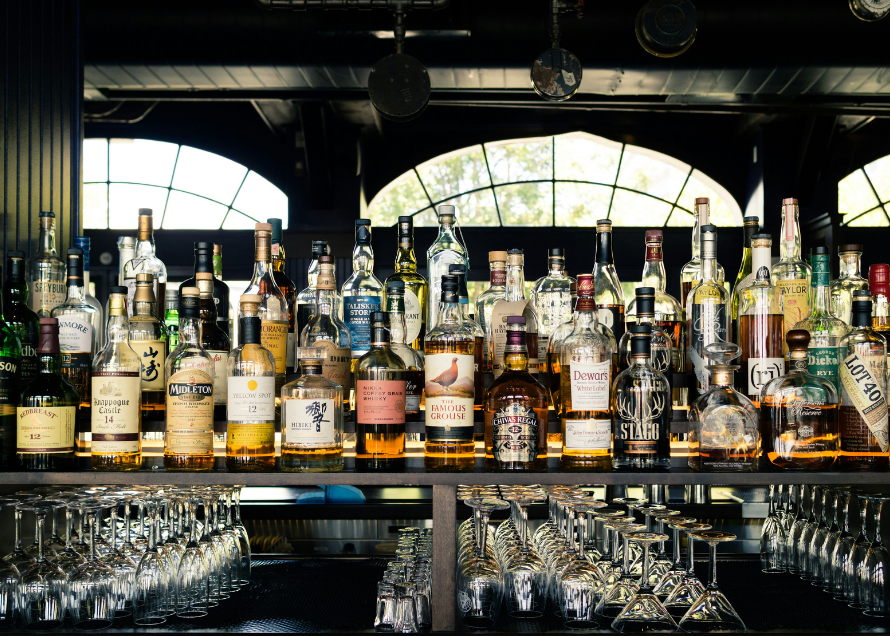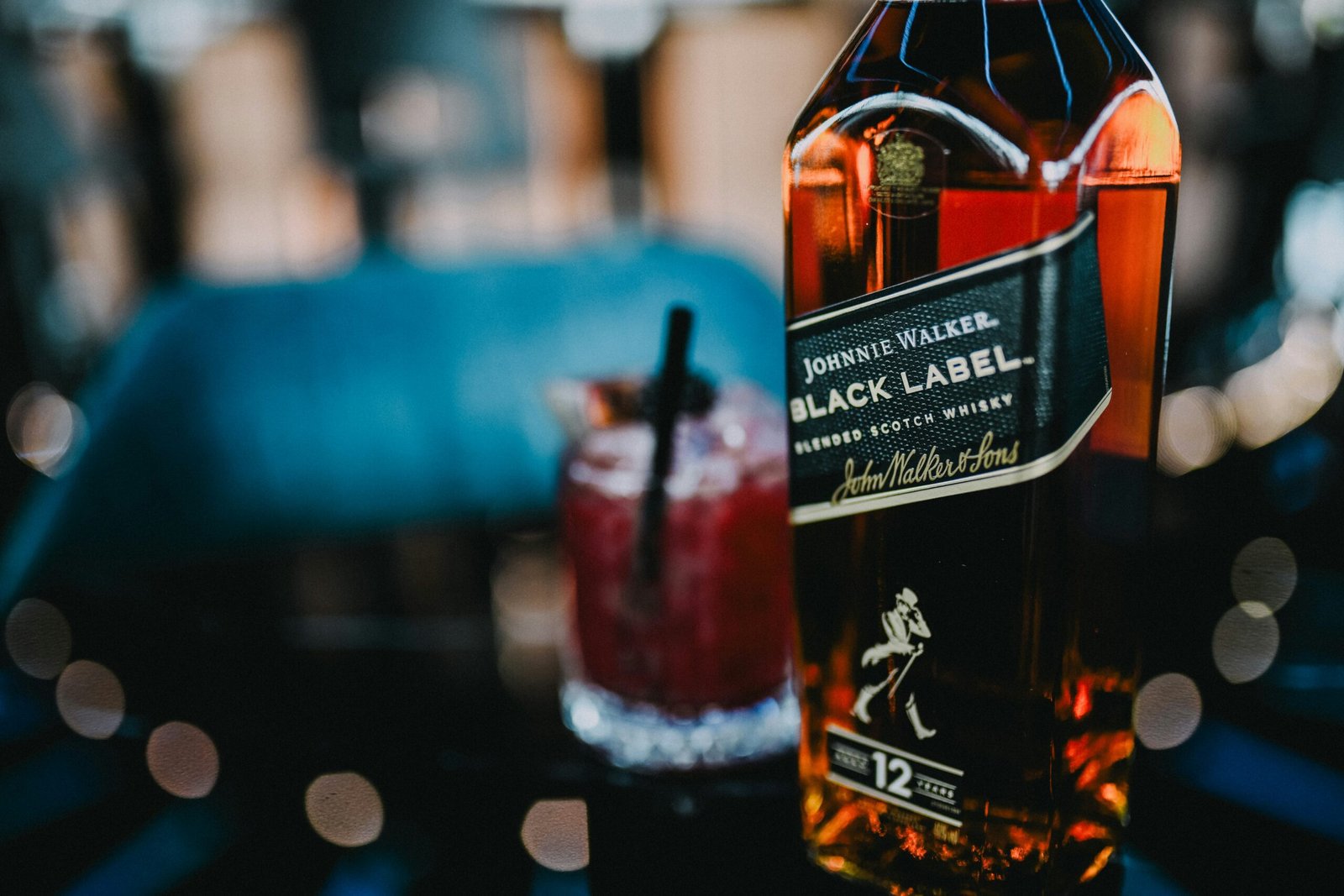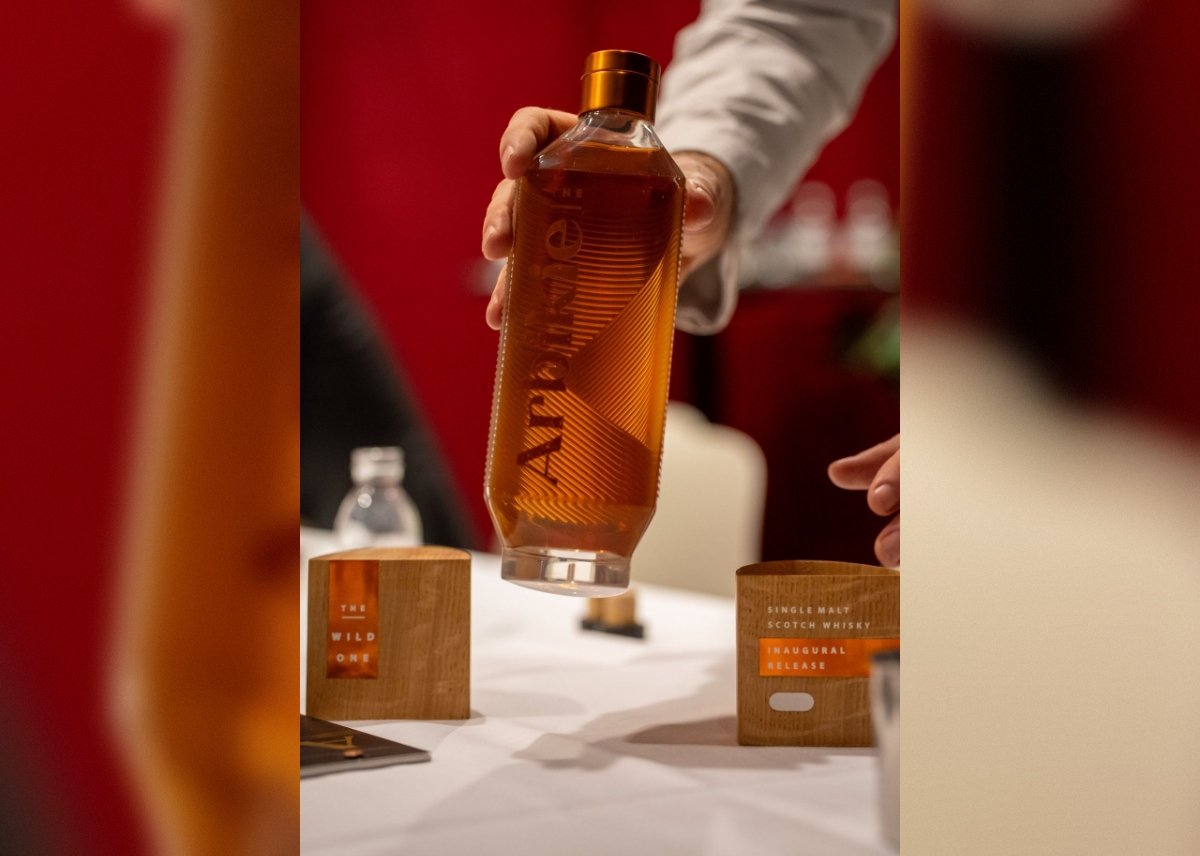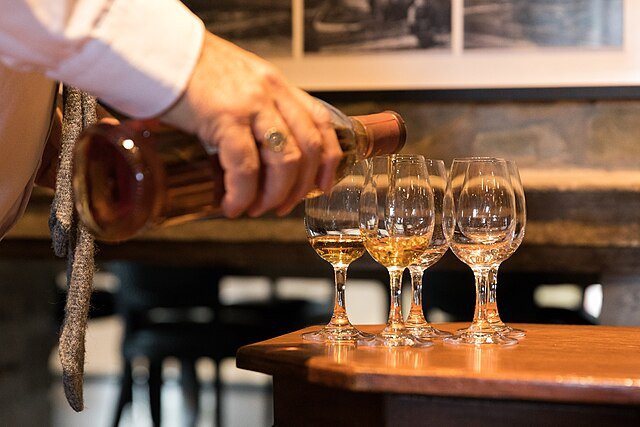Scotch whisky industry leaders has expressed disappointment over the recent announcement by US President Donald Trump to impose a 10% tariff on UK exports, including Scotch whisky.
The measure, described by Trump as a “declaration of economic independence,” forms part of broader protectionist policies aimed at boosting domestic consumption in the United States.
The United States is the largest export market for Scotch whisky, with 2024 figures valuing its worth at £971 million annually.
The new tariff comes at a difficult time for the industry, which is still recovering from a previous 25% tariff imposed between 2019 and 2021. That earlier levy resulted in an estimated £600 million loss in sales over 18 months.
Industry comments
A spokesperson for the SWA stated, “The industry is disappointed that Scotch whisky could be impacted by these tariffs. We welcome the intensive efforts by the UK government to reach a deal with the US administration, and we continue to support this measured and pragmatic approach towards a mutually beneficial resolution.”
Anthony Wills, owner of Kilchoman Distillery on Islay, highlighted the potential impact on smaller producers: “For us, this accounts for 10% of our sales.
“It’s clearly going to be a considerable setback, particularly with the current economic challenges we are all facing.”
William Wemyss, Founder and Chairman of Wemyss Family Spirits, which owns Kingsbarns Distillery near St Andrews, Darnley’s Gin, and Wemyss Malts, expressed concern over the reintroduction of a 10% tariff on UK exports to the US, including Scotch whisky.
He said: “As a small, family-owned business, we rely on stable, tariff-free trade to grow and bring our products to whisky lovers across the Atlantic. The US is our largest export market, but tariffs create uncertainty, especially for independent producers like us.
“We hope a case can still be made for exemption. Scotch whisky is a protected product as it can only be produced here in Scotland.
“Given that unique status, we believe there’s a strong case for treating Scotch differently in future trade discussions, in a way that recognises its heritage and longstanding appeal to US consumers.”
Ryan Fazackerley, Director of Sales at Whisky 101, said: “From an investment perspective, any disruption to the supply chain or a sudden price hike caused by these tariffs could lead to volatility in whisky’s market price. For investors, this presents both risk and opportunity. On one hand, escalating trade conflicts could trigger a short-term dip in prices as higher tariffs make Scotch whisky less competitive in the US market. On the other hand, the scarcity of Scotch in certain regions due to restrictions could drive up demand for rare and collectible bottles, particularly those tied to prestigious distilleries, creating a unique investment opportunity.
“The whisky cask market, which has seen a strong upward trajectory, is also vulnerable to these shifting trade dynamics. Casks tied to distilleries most affected by tariffs, or those primarily serving the US market, may experience fluctuations in demand. The price of rare casks and bottles could skyrocket as buyers look for tangible, high-value assets that can weather the storm of global trade uncertainties.”
The UK government has pledged to address the issue through negotiations with Washington. Business Secretary Jonathan Reynolds reassured industries that ministers remain “fully focused” on securing a deal to mitigate the impact of the tariffs. Deputy First Minister Kate Forbes also voiced concerns about the negative effects on Scotland’s economy, urging both sides to work towards “mutually beneficial resolutions.”
The tariffs are part of Trump’s global trade policy, which includes varying rates for different regions. While UK goods face a 10% levy, imports from the European Union and China are subject to higher rates of 20% and 34%, respectively. Trump justified these measures as necessary steps to protect American industry, claiming they would generate “trillions and trillions of dollars” and prioritise domestic production.
You Might Also Like:
No related posts.
Despite these challenges, industry leaders remain hopeful about maintaining strong trade ties with the US. Tavish Scott, CEO of Salmon Scotland, expressed confidence that American consumers would continue purchasing Scottish products. He stated, “Salmon producers desire a stable and business-oriented trade relationship with the USA.”
As negotiations continue, both the Scotch whisky and salmon industries will be closely monitoring developments to determine how best to adapt to these new trade dynamics.



















